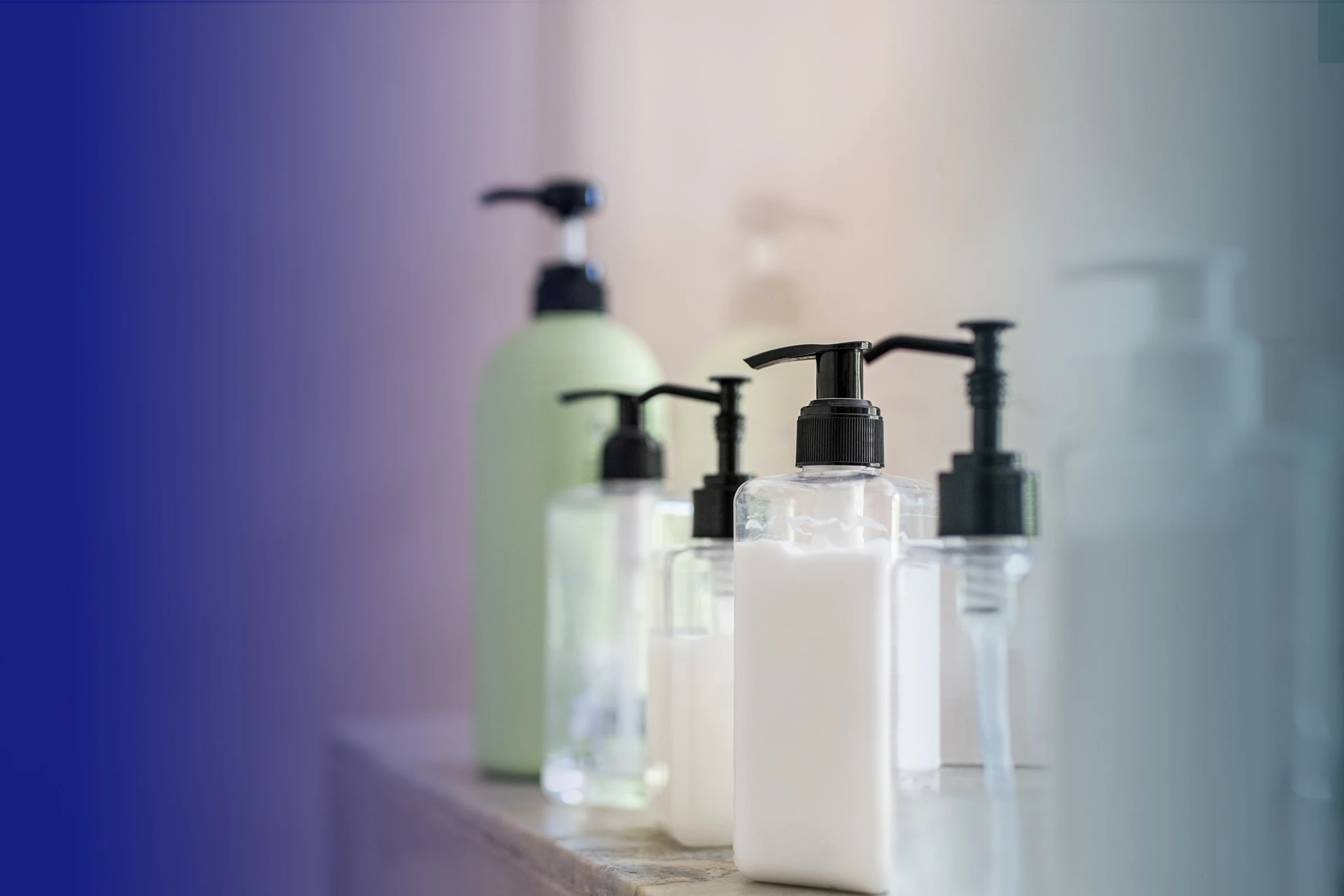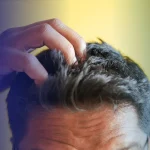
Table Of Content
When it comes to deciding what shampoo should I use, there is more to think about that the scent, colour and brand. While these things are helpful to make you feel good about yourself, the actual formulation of the shampoo, plus its active ingredients are very important and can really help your hair look amazing and feel healthy and strong. There are many different kinds of shampoos available, including clarifying shampoos for deep cleansing, moisturizing shampoos for hydration, and volumizing shampoos for adding body to fine hair. There are many different types of shampoo out there, so here is a brief run-down of the main features of some of the more popular ones.
This shampoo type is for anyone and everyone who doesn’t have specific issues with their hair or scalp. It is designed to fit in with most hair treatments and regimes, being mild enough to use regularly and cleanse the scalp of excess oils without stripping them away completely. They can come in varieties for dry, normal and oily hair and in a myriad of different scents, colours and sizes – including travel versions for easy packing and bumper packs for a more economic purchase.
This shampoo is also designed for regular use – daily, in fact. It is aimed at people with hair and scalps that are more prone to excess oil production as it is very mild with fewer surfactants, or ingredients that lower surface tension, increasing the ability of any oils present to spread out, than a regular shampoo. It may also contain some conditioning agents to help keep the hair shiny and strong.
Those of us with curly hair know all; too well the regular battle to keep it looking shiny and healthy without going overboard with the volume and frizz. Curly hair tends to be drier than other types and requires regular hydration to keep it at its best. Look for shampoos designed for curly hair, which contain hydrating ingredients such as aloe vera, coconut oil or Moroccan oil. There are also specialist shampoos and conditioners out there to treat afro hair and other, similar types of hair without weighing down curls.
This type of shampoo is used when someone has used too much hair product, as it clears out any residues and cleanses the hair and scalp to restore them to their natural state. This should be used sparingly, as the formula is harsher and can make your hair look dry and frizzy if used too often, for too long. Follow up any usage with a cleansing conditioner and apply once a week at the very most. Some clarifying shampoos also offer ‘purifying’ properties, which focus more on the scalp, soothing it and working as an anti-dandruff shampoo by adding anti-microbial ingredients to counteract skin flakes that can be caused by a build-up of hair products.
This is a natural shampoo that works to give thinner, finer hair a bit of a boost. They are lighter in texture to avoid weighing down the hair and help to open the hair follicles to encourage hair growth and keratin to help strengthen the hair strands, from the roots to the very ends. Often, they can be combined with a volumising conditioner or treatment to give your hair a shine at the same time as boosting its body and fullness.
Coloured hair can lead to dry strands, lack of moisture in the hair and scalp and the fading of the applied colourants over time. Using a specially formulated, sulphate-free shampoo for coloured hair can help mitigate against these issues, with ingredients that will not further strip out any colour and will add moisture instead. The more you style your hair, the more prone it can become to damage, so a coloured hair shampoo can help strengthen it and keep the colour looking fresh and vibrant for longer.
Babies’ hair is thinner and more delicate, as is the newborn scalp and skin, so choose a specially formulated baby shampoo for those early weeks and months. These shampoo types have ‘no tears’ ingredients to stop any shampoo that gets into a child’s eyes from hurting them and they also often contain ingredients to help with cradle cap or other mild newborn skin conditions. Baby shampoos are designed to be used regularly and can also be effective for people of all ages with thinner or delicate hair and skin.
Dry shampoo bars or powders work by absorbing excess oil from the hair and roots, making the hair look and smell fresher. It does not, however, replace regular shampoo and should only be used between washes, as opposed to as an alternative to them. Dry shampoo is useful for trips away, such as camping, as well as for use in hospital or when you cannot get your hair wet. Take care not to rely on dry shampoo too much and always wash your hair thoroughly the next time you wash it after using dry shampoo to get rid of any residue or build-up that could block the pores.




